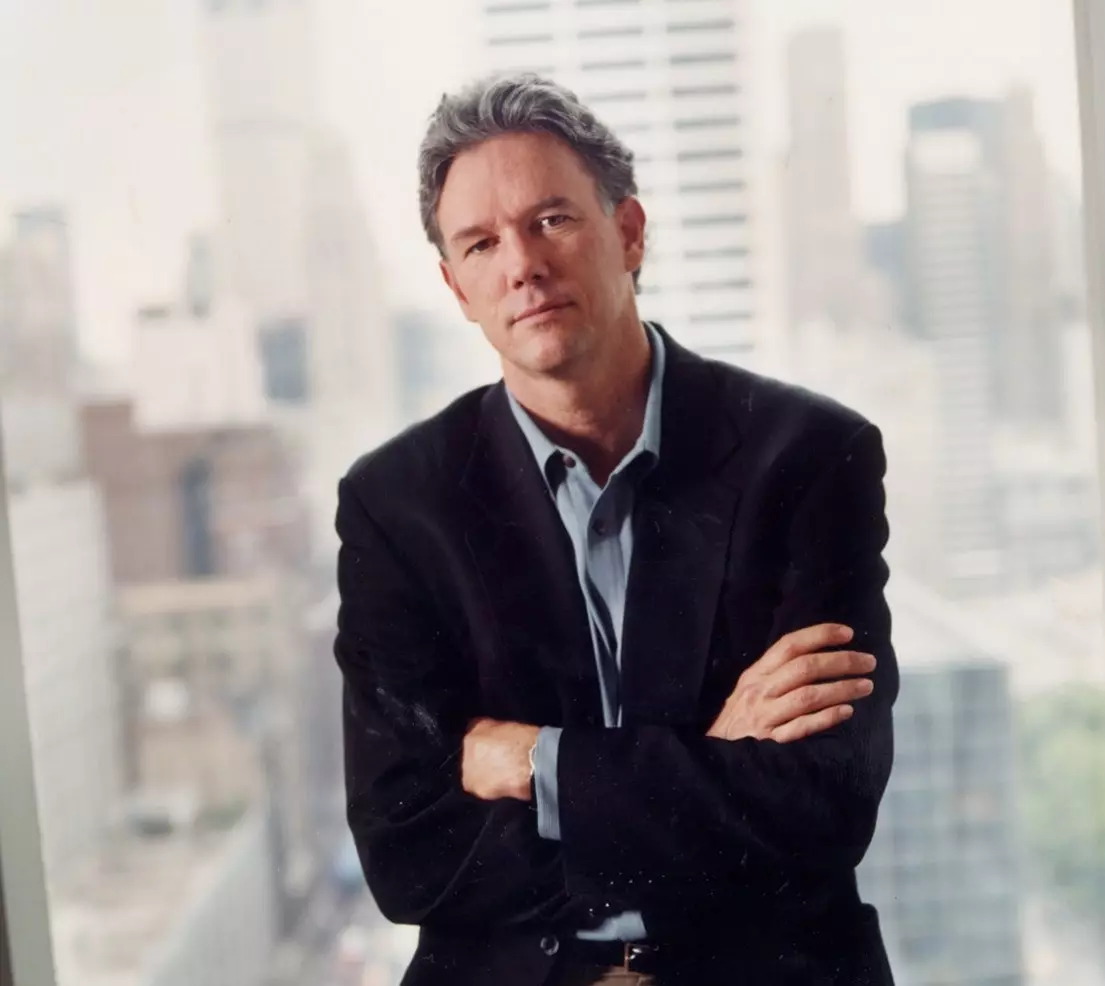
William Finnegan, author of 'Wild Years'
Do you consider yourself a nomad or a globetrotter? What has this way of enjoying the world given you?
My parents were both intellectually restless . They were always interested in new places, new ideas, new experiences. I, in fact, am more a creature of habit than any of them. Even so I inherited your curiosity . I always want to know what's over the next hill – maybe a better wave, or people living in ways I never imagined . That impulse drives my work. And it also keeps me chasing waves.
Now you live in New York, could you recommend me some of your favorite places? (bars, restaurants, bookstores or maybe where you escape to surf)
Café Loup in Greenwich Village, both the bar and the restaurant. The Bowery Hotel bar in East Village. Gabriel's, near Columbus Circle, the bar and restaurant, both. My favorite bookstores are Strand, McNally Jackson in Soho, and Greenlight in Fort Greene, Brooklyn. To surf near New York, the most accessible place is Rockaways , just outside of Queens. You can get there on the A train (from the metro).
What have you learned from the sea?
Humility, I hope. No matter how experienced you are, the ocean will humble you. It can be a good corrective for pride.
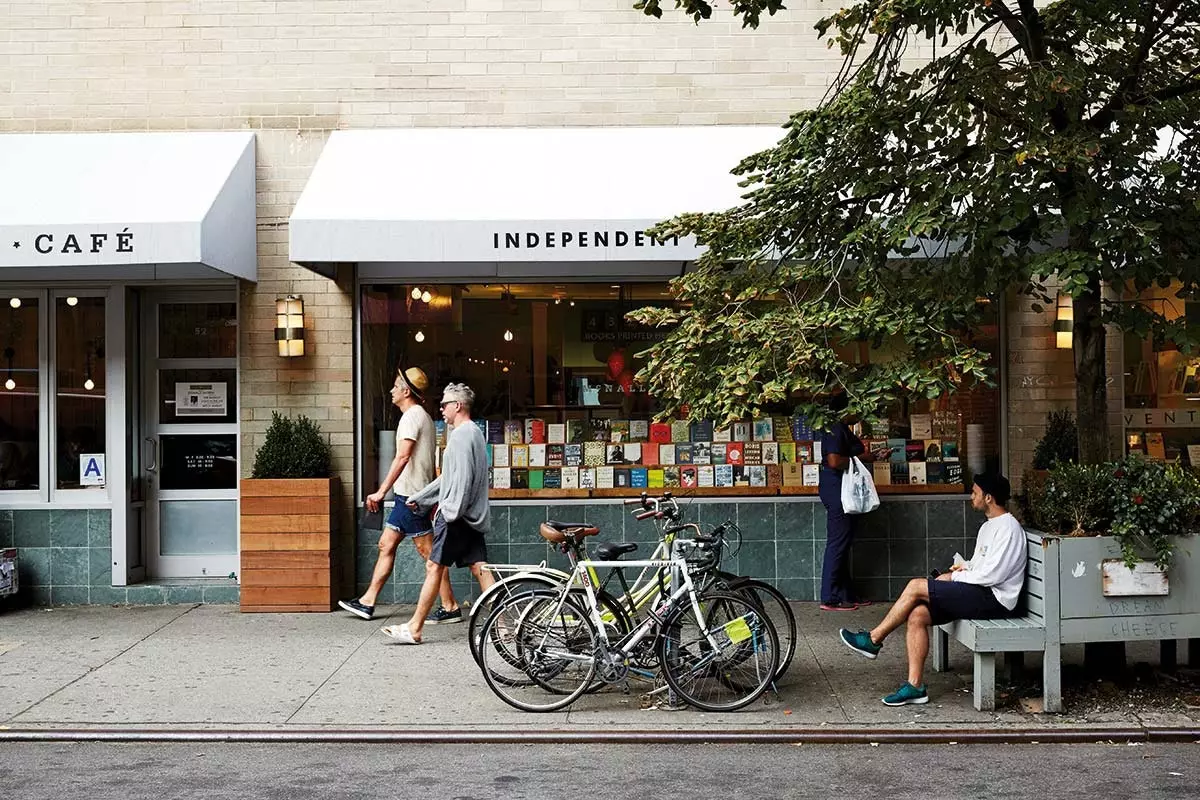
The McNally Jackson Bookstore
If I tell you some of the places that have marked your life, could you tell us what landscapes you associate them with or what places our readers should explore to get closer to the less touristy beauty of the country?
Hawaii:
Rural coastline with cobalt ocean and as few people as possible. Hawaii leads the tourism industry but many tourists tend to be concentrated in only a few places. All the islands have wild areas, beautiful corners that few travelers visit . Naming these places would be a betrayal of your privacy. But they are not hard to find if you take your time. Tip: respect the local people and always know your limits in the ocean. The waves in Hawaii can be extremely powerful.
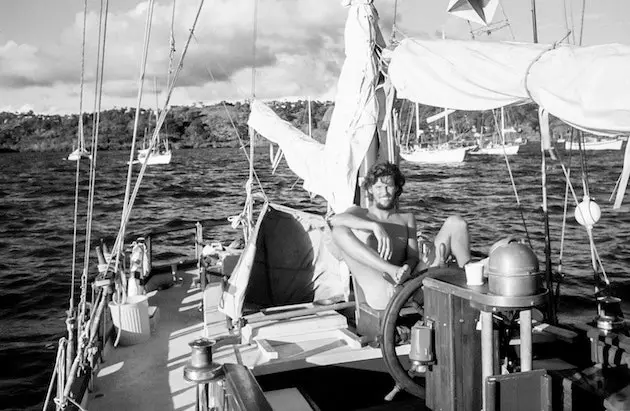
William Finnegan aboard the 'Alias', Port of Suva, Fiji (1978)
California:
Immense mountains, scorching deserts, a magnificent coastline – for the most populous state in the United States, California has an astonishing amount of nature. The urban and suburban sprawl of Los Angeles and the Bay will be the first thing you encounter if you arrive by air. My advice is, after tasting the cities, rent a car and head towards remote landscapes . You will find skiing, surfing, camping, climbing or simply hiking ; California is a spectacular country in itself.
Samoan:
Traditional Polynesia. Quiet thatched villages ruled by ancient customs and Christianized chiefs. Long nights drinking kava around a communal bowl . Resorts are certainly a different story, but I don't remember any resorts when I was chasing waves in Samoa.
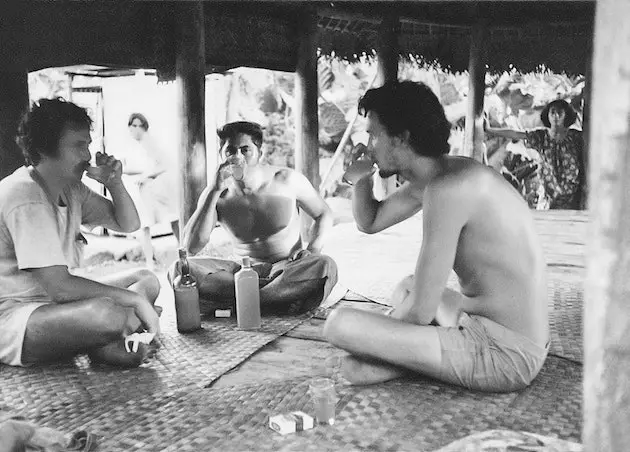
Bryan Di Salvatore, Viti Savaiinaea and William Finnegan, Sala'ilua, Savai'i, Western Samoa (1978)
Java:
Densely populated, rice fields and volcanoes. An imperial mentality that imposes its regulations on the rest of Indonesia. Jakarta is sinking beneath the waves with rising sea levels. Yogyakarta is a safer, less sweaty traditional center of crafts, art and education.
Fiji:
Rich mix of dry sugar cane coast, humid and super green tropical hills with muddy river deltas and dense forested mountains. Also a rich but politically insecure mix of indigenous Melanesians and of newly arrived Indians, the latter both Muslims and Hindus. The British colonizers brought the ancestors of the Indians to Fiji as cheap labour. They stayed and prospered, but in recent years they have seen a series of military coups, ethnic conflicts and discrimination. Tourists feel little or none of this tension. It is a safe and lovely place to explore, dive, fish, sail and surf.
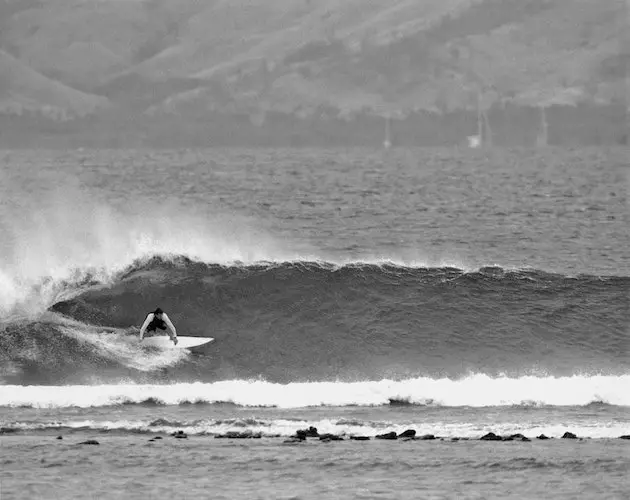
William Finnegan in Tavarua, Fiji, 2002
Indonesia:
The best waves in the world . Rain forests, malaria, poverty, extraordinarily small villages. Endless cultural variety: from overbuilt, cosmopolitan Bali with its resilient Hindu belief systems to desperately poor Muslim islands in the archipelagos west of Sumatra. Resorts provide isolation from the brutal realities of Indonesia . If you leave his protection, be prepared for anything.
Australia:
Worker's paradise. Wonderfully sparsely populated. The most democratic and with more middle class that I have visited. Great camping coastline that seems to never end. Intense bird sightings.
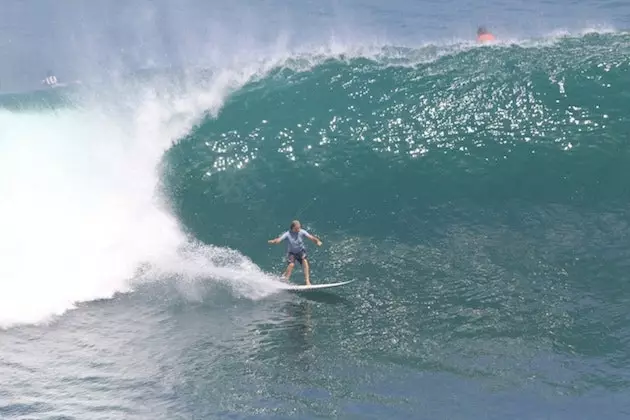
William Finnegan in Bali (November 2015)
South Africa:
Table Mountain, Cape Peninsula. Baboons and antelopes. Good wine, magnificent national parks and nature reserves. The bad: street crime in the cities. Democratic, with a post-apartheid government and white privilege fully maintained. You'll find some excellent country, boutique hotels at reasonable prices.
Madeira:
Terrace farming in a near-vertical landscape . Isolated fishing villages, no beaches, wild ocean – like Hawaii, Madeira has no continental shelf and receives most of its high-latitude winter storm surge. No break for beginner surfers . great seafood. Depart from Funchal, the capital. Try the green wine and as a snack, the prego no pão.
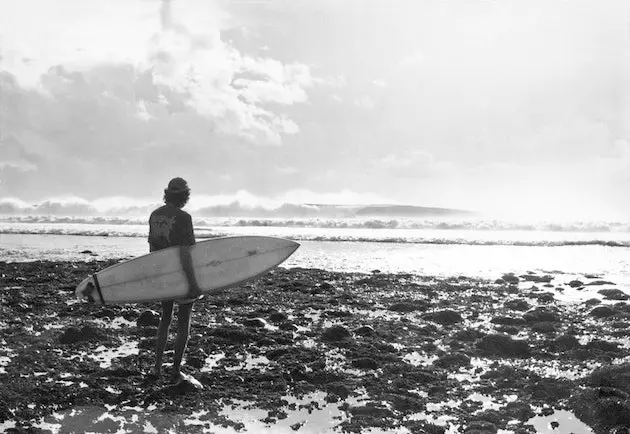
Grajagan, Java (1979)
What would you say to those who see surfing only as a sport?
Very few surfers compete. In many places, you can surf all your life without running into any organized competition. The International Pro Tour - the exploits of the best surfers - dominates the attention of many surfers, but even that is pretty marginal to most surfers' experience. Surfing can be social – it's something you often do with your friends – but its essence is a rather lonely encounter with the ocean, in completely uncontrolled conditions. The ocean is always wild . So surfing, in most respects, hardly resembles a conventional sport.
Do you think that people are aware of the damage that human beings are causing to the sea?
No. I don't think most people are aware of the extreme burden we are putting on the oceans – through pollution and overfishing, but also through rising sea temperatures caused by climate change. The warming of the seas is destroying coral reefs around the world right now and the consequences of habitat destruction on that scale are literally unknowable.
Do you have any paradise left that you want to explore to find the perfect wave?
There are coastlines that I would like to explore because I think they have undiscovered potential for surfing. But there is a strict tribal code among surfers: never kiss and tell. That is, never divulge surf spot locations that aren't already famous. This applies even to expeditions that are still in the planning phase. Almost all the good surf spots are horribly overcrowded, which is the main reason why we travel to such remote areas to find waves. Hence the importance of this ridiculous omerta.
Follow @merinoticias
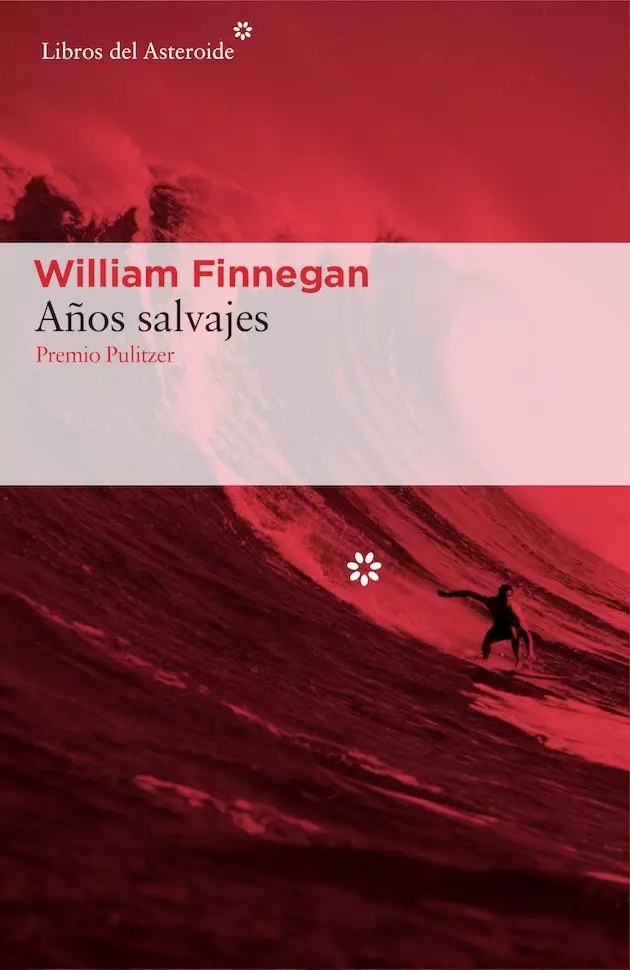
'Wild Years'
